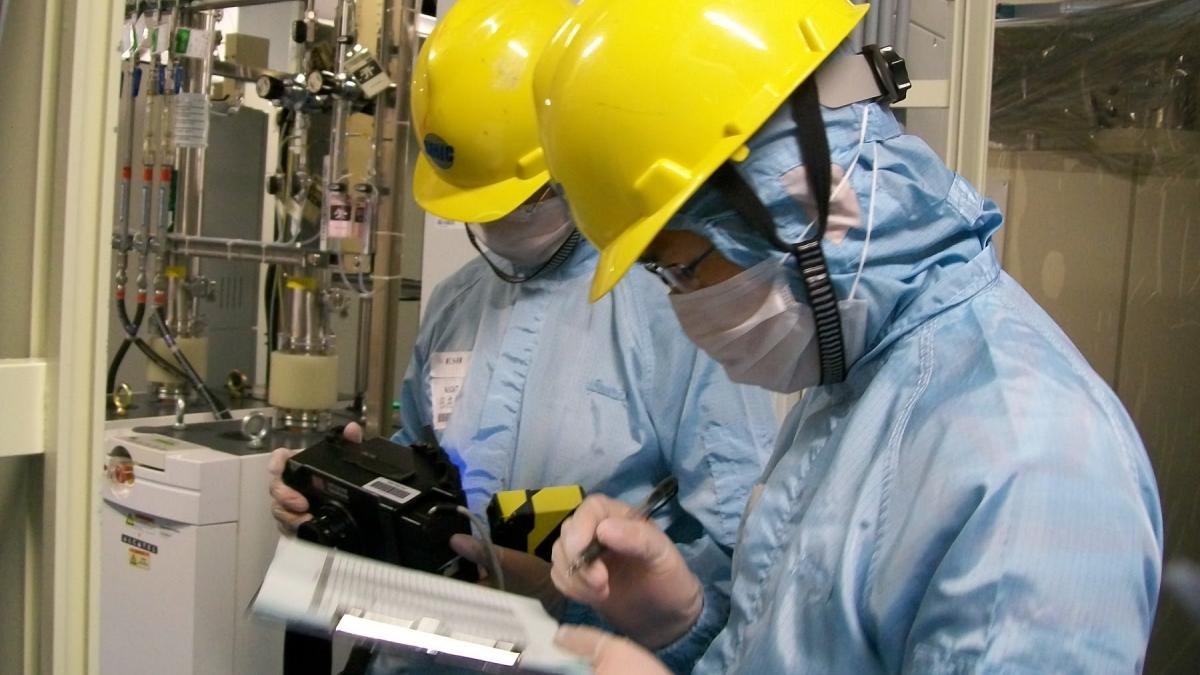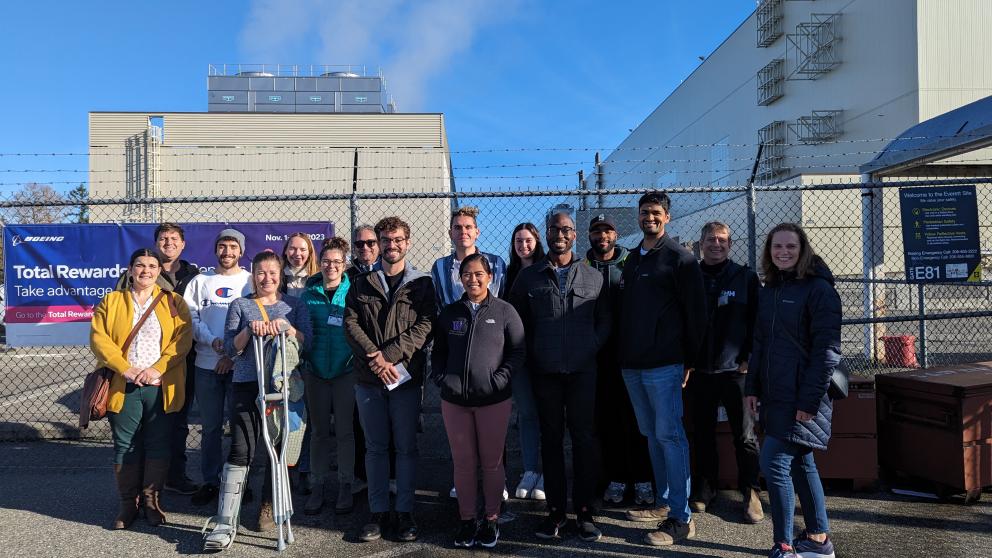
Health risks in the workplace, such as heat, noise, dust, hazardous chemicals, unsafe machines and psychological stress, cause occupational diseases and can aggravate other health problems.
Conditions of employment, occupation and the worker’s position in the workplace hierarchy also affect health.
The Industrial Hygiene/Exposure Science program trains MS and PhD students to recognize, evaluate and control hazardous exposures in the workplace that may increase the risk of disease or injury on the job.
The MS curriculum is primarily a practitioner-oriented degree and is based on a three-quarter sequence of core courses in exposure sciences while maintaining core material addressing workplace hazards.
The PhD degree builds upon the basic principles of exposure sciences, with a strong emphasis on research-based education. PhD and MS students may develop a traditional research thesis. MS trainees have the additional option of replacing the thesis with a portfolio that includes practical experience and an applied capstone project.
Check out our Frequently Asked Questions for more information!
Individual alumni video testimonials:
- Darrick Dickerson, Occupational Safety Administrator, Boeing
- Brynne Silvey, Industrial Hygienist, Boeing
- Jessica Porter, Industrial Safety Professional, Lawrence Livermore National Laboratory
- Kassie Olin, Industrial Hygienist, Washington State Department of Labor and Industries



